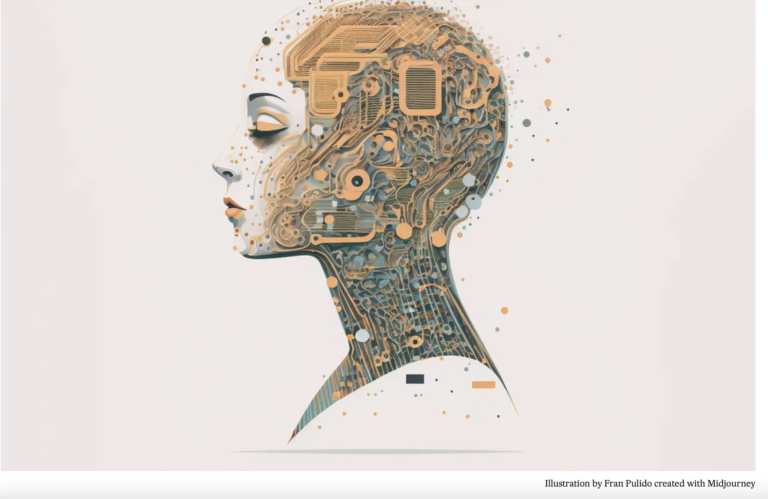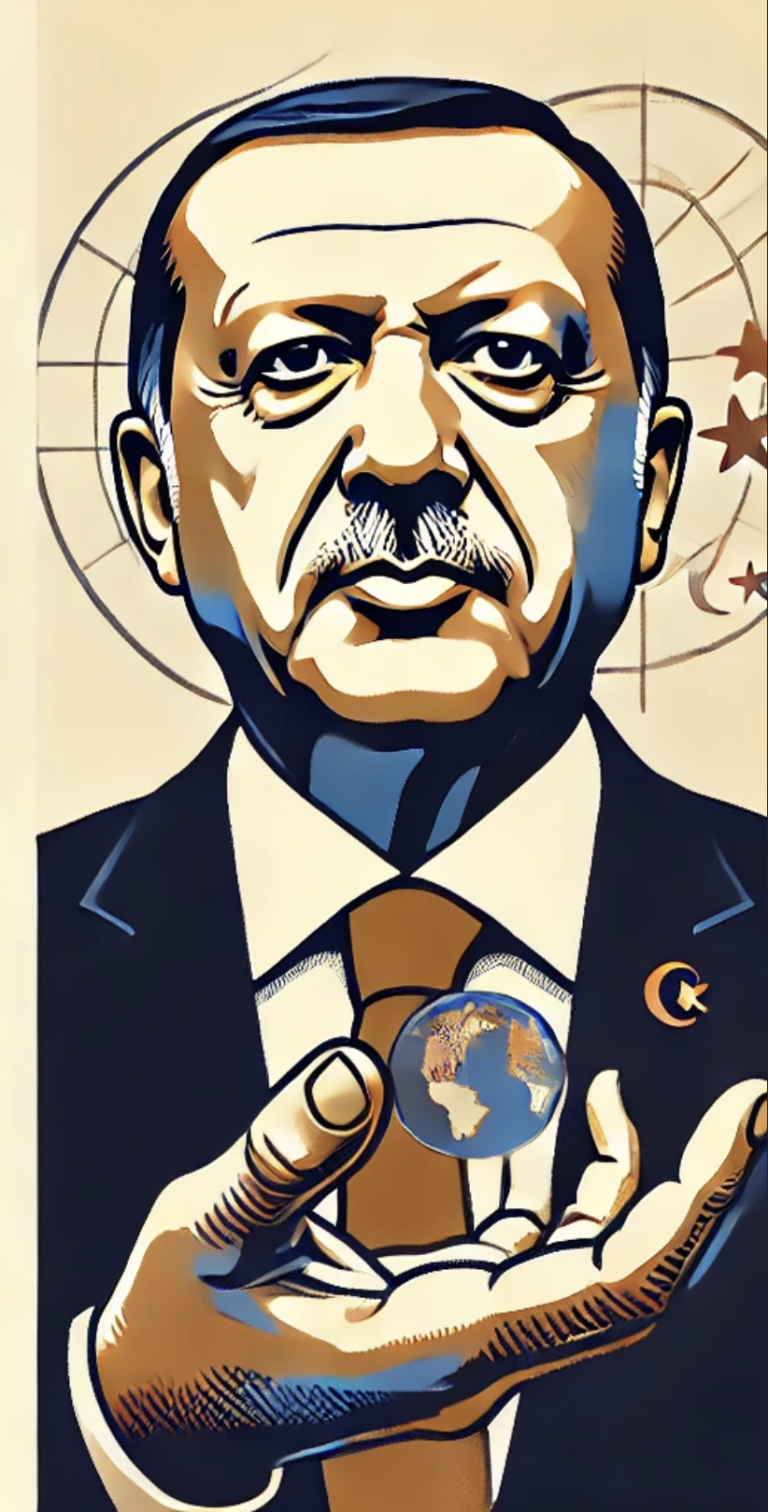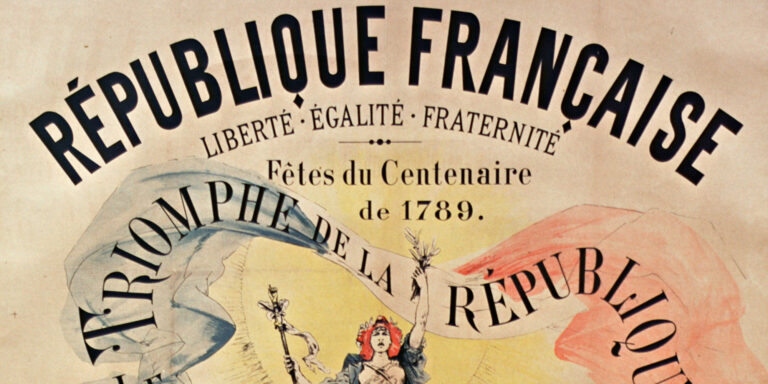by Andrea Tucci,
AI is already transforming many aspects of our daily lives and will continue to do so in increasingly significant ways into the future.
If it is true that AI will allow us to accelerate scientific research, development, the discovery of solutions to climate change, improve the efficiency of healthcare and treatments for diseases, as well as fairer access to education.
It is also true that AI could lead to job losses in some sectors.
In this regard, non-governmental organizations (NGOs) will be able to play an important role in supporting the necessary changes to artificial intelligence.
The fundamental function of NGOs will be to raise awareness among people and institutions about the risks and benefits of AI, thus promoting the ethical and economic benefits in the adoption of this technology, as well as playing an advocacy role to ensure that implementation of AI occurs in an ethical, equitable and inclusive manner.
Collaboration between non-governmental organisations (NGOs) and artificial intelligence can be extremely effective, optimising the allocation of limited NGO resources, identifying areas of greatest need, and spot the safest routes for distributing equitable aid.
AI can also be used to develop interactive tools, such as chatbots to inform and engage countries in peace initiatives.
Never more than now, collaboration between NGOs and AI can significantly improve efforts to promote peace, for a deeper understanding of the dynamics of conflicts and their roots, allowing them to develop potential resolution strategies.
Creating an artificial intelligence that can contribute, together with the valid support of non-governmental organisations, to put an end to violence and encourage peaceful coexistence and promote inter-religious understanding and to intervene before the start of new conflicts.
The idea of “super partes” support of AI in some difficult choices between different governances, animated by decades-long conflicts. For example, in the Israeli-Palestinian conflict, AI could be the means to make decisions detached from the interests of some countries rather than others, based on objective data and analysis, without prejudice or cultural and religious interests.
So can it be said that AI, in some contexts, can act as a savior of our planet? NO, I would say, but certainly AI should be developed and used to promote the common good and the progress of humanity and help solve social, environmental and economic challenges.
Effective and responsible cross-country regulation and governance will therefore be needed to ensure that AI is used ethically and safely.
However, in general terms, it is necessary to adopt a holistic approach towards AI which requires a commitment from all actors involved, governments, companies, developers and users to ensure that it is developed and used responsibly and beneficial to humanity.
These are just a few examples that states could consider to regulate and promote the responsible implementation of AI to support NGOs.
But it is certainly important that countries’ AI regulations are flexible and adaptable to respond to rapidly evolving technology and changes in society’s needs.
As Elon Musk, one of the founders of an AI program called GPT Chat, said, “Some states don’t like changes, but it is essential to embrace them for everyone’s social development.”
In essence, addressing job losses caused by automation and AI requires a holistic approach involving both the public and private sectors, obviously with civil society at its core.
In this, NGOs can play a crucial role in channeling efforts towards a fair and sustainable transition for all.
Entropy, obviously, is not on our side.




